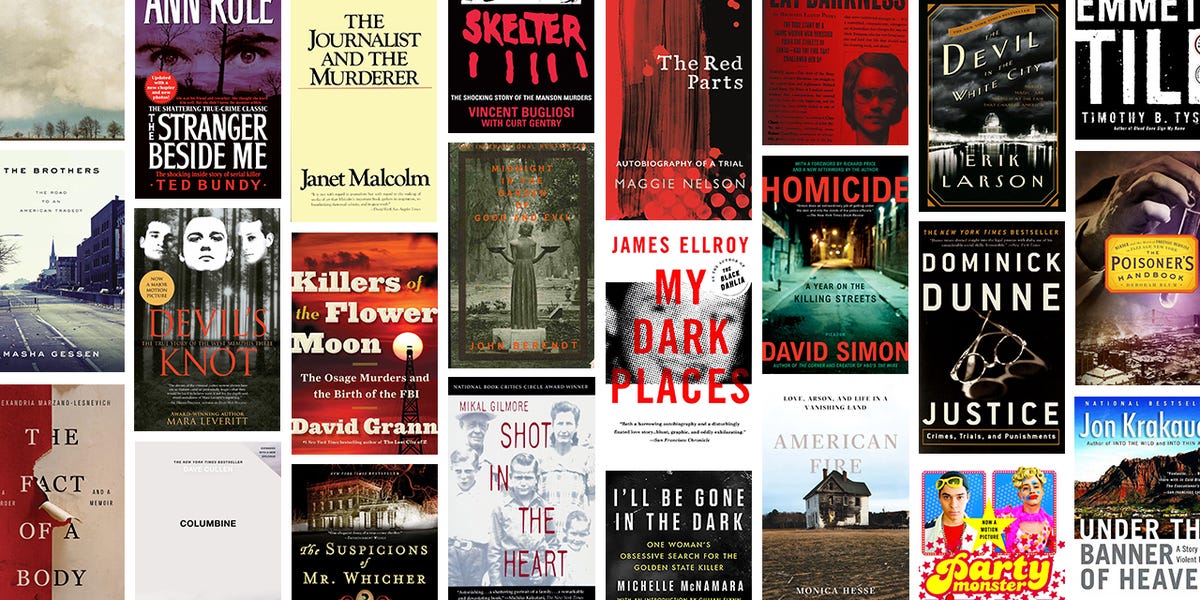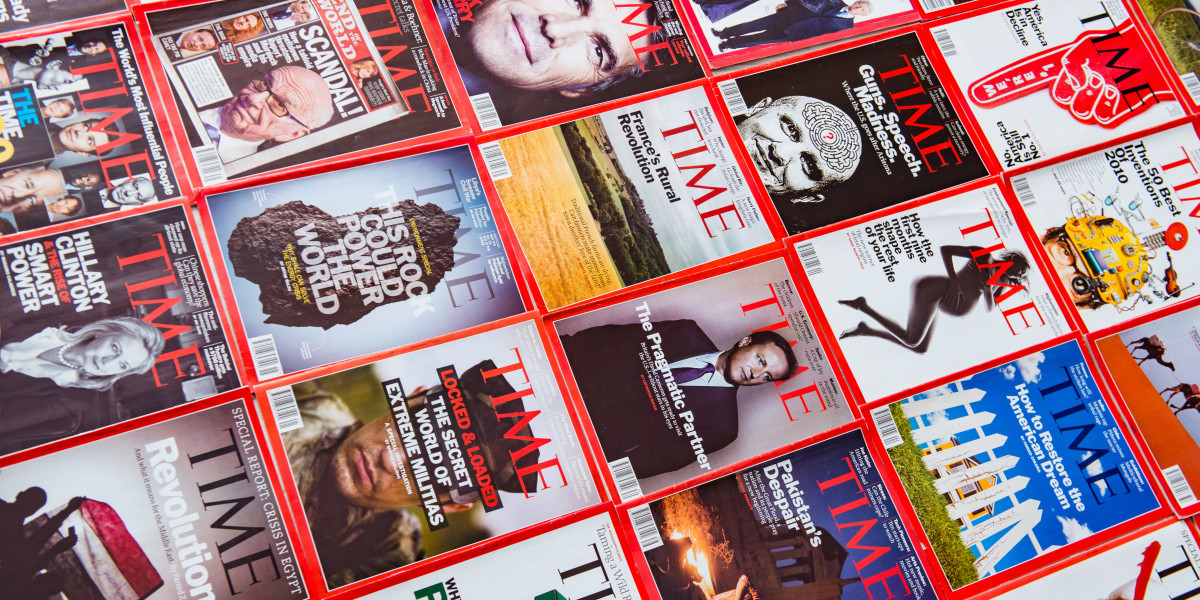Introduction
Time Magazine is renowned for its influential lists, and among these, the “Best Books” lists hold a prestigious place. These lists, often published annually or marking significant milestones, celebrate literary works that have left an indelible mark on readers and critics alike. From timeless classics to contemporary masterpieces, Time’s selections offer a rich tapestry of storytelling, spanning diverse genres and voices. This exploration will delve into the essence of Time Magazine’s best books, highlighting their cultural impact, the criteria for their selection, and some notable entries that have shaped the literary landscape.

The Significance of Time Magazine’s Best Books Lists
Time Magazine’s “Best Books” lists serve as a cultural compass, guiding readers to works of profound impact and enduring quality. These lists are more than mere compilations; they are curated selections that reflect the evolving tastes, values, and challenges of society. Each entry is chosen for its ability to resonate with readers across time, offering insights into the human condition, challenging societal norms, or providing a window into different worlds and perspectives.
The lists are also a celebration of diversity in literature. They include works from various genres fiction, non-fiction, poetry, and drama and from authors of different backgrounds, genders, and nationalities. This inclusiveness not only broadens readers’ horizons but also underscores the universality of storytelling and the power of books to bridge cultural divides.
Criteria for Selection
The process of selecting the best books is a rigorous one, involving literary experts, critics, and sometimes public opinion. Key criteria often include:
Literary Merit: The primary criterion is the quality of writing. This includes the author’s style, use of language, and the ability to convey complex ideas and emotions effectively.
Originality and Innovation: Best Books that bring something new to the table—whether through innovative storytelling techniques, unique perspectives, or groundbreaking subject matter—are highly valued.
Cultural and Social Impact: The best books are often those that reflect or challenge societal norms, provoke thought, and stimulate discussion. Their impact can be immediate or grow over time.
Timelessness: A book’s ability to resonate with readers across different eras is a strong indicator of its enduring quality. Classics that have stood the test of time often feature prominently in these lists.
Diversity of Voices: Recognizing the importance of diverse perspectives, Time Magazine often includes works by authors from various cultural and social backgrounds.
Notable Entries from Time Magazine’s Best Books Lists
Over the years, Time Magazine has featured an array of extraordinary Best Books. Here, we highlight some of the most notable entries from their various lists.
Classics and Timeless Works
To Kill a Mockingbird by Harper Lee (1960)
This Pulitzer Prize-winning novel is a poignant exploration of racial injustice in the Deep South. Through the eyes of Scout Finch, Lee delves into themes of morality, empathy, and the loss of innocence. Its enduring relevance continues to captivate and educate readers globally.
1984 by George Orwell (1949)
Orwell’s dystopian masterpiece offers a chilling portrayal of totalitarianism and state surveillance. Its prophetic narrative about a society under constant watch and the erosion of personal freedoms has made it a timeless cautionary tale about the dangers of unchecked power.
The Great Gatsby by F. Scott Fitzgerald (1925)
Fitzgerald’s novel is a quintessential reflection of the Jazz Age in America. The story of Jay Gatsby’s unrequited love and the opulence and decay of the American Dream encapsulates the spirit of the 1920s while offering profound insights into ambition, love, and disillusionment.
Modern and Contemporary Masterpieces
Beloved by Toni Morrison (1987)
This Pulitzer Prize-winning novel is a harrowing yet poetic exploration of slavery’s enduring legacy. Morrison’s powerful prose and deep emotional resonance capture the struggles of Sethe, a former enslaved woman, as she confronts her haunted past and seeks to reclaim her identity and humanity.
A Visit from the Goon Squad by Jennifer Egan (2010)
Egan’s innovative narrative structure, weaving through different characters’ lives over several decades, explores the themes of time, change, and redemption. This Pulitzer Prize-winning novel is celebrated for its originality and its reflection on the interconnectedness of lives in a rapidly changing world.

The Road by Cormac McCarthy (2006)
McCarthy’s bleak, post-apocalyptic novel chronicles the journey of a father and his young son through a desolate landscape. The sparse yet profound prose and the deep emotional bond between the characters have earned this book critical acclaim and a Pulitzer Prize for Fiction.
Groundbreaking Non-Fiction
The Immortal Life of Henrietta Lacks by Rebecca Skloot (2010)
This compelling work of non-fiction tells the story of Henrietta Lacks, whose cancer cells were taken without her knowledge and became a cornerstone of modern medical research. Skloot’s meticulous research and engaging narrative highlight issues of ethics, race, and the human impact of scientific discovery.
Sapiens: A Brief History of Humankind by Yuval Noah Harari (2011)
Harari’s sweeping account of human history, from the emergence of Homo sapiens to the present, challenges conventional narratives and offers provocative insights into the forces that have shaped our world. Its interdisciplinary approach and thought-provoking ideas have made it a global bestseller.
Educated by Tara Westover (2018)
Westover’s memoir recounts her journey from growing up in a strict, isolated family in rural Idaho to earning a PhD from Cambridge University. Her story of self-discovery, resilience, and the transformative power of education has resonated with readers worldwide and garnered numerous awards.
Diverse and Global Voices
Things Fall Apart by Chinua Achebe (1958)
Achebe’s seminal work is a cornerstone of African literature. The novel portrays the complexities of Igbo society in Nigeria before and during colonial rule, challenging Western narratives and offering a powerful exploration of cultural conflict and resilience.
One Hundred Years of Solitude by Gabriel García Márquez (1967)
Márquez’s magnum opus is a masterful blend of magical realism and epic storytelling. Spanning seven generations of the Buendía family, the novel weaves a rich tapestry of love, power, and fate, set against the backdrop of the fictional town of Macondo. Its influence on Latin American literature and beyond is immeasurable.
Midnight’s Children by Salman Rushdie (1981)
Rushdie’s Booker Prize-winning novel is a dazzling narrative that intertwines the personal and the political, following the lives of children born at the moment of India’s independence. Its inventive style and profound exploration of identity and history have made it a landmark work in contemporary literature.
The Cultural Impact of Time Magazine’s Best Books Lists
The cultural impact of Time Magazine’s best books lists extends far beyond their initial publication. These lists serve as a gateway for readers to discover new authors, explore different genres, and engage with complex ideas and themes. They also influence academic curricula, inspire adaptations into films and television, and spark conversations across diverse communities.
Moreover, the recognition by Time Magazine can significantly boost an author’s visibility and career. It places their work in the spotlight, often leading to increased sales and a broader readership. For many authors, being featured on such a prestigious list is a testament to their literary contribution and a marker of their book’s significance in the cultural zeitgeist.

Conclusion
Time Magazine’s best books lists are more than just a record of exceptional literature; they are a celebration of the rich, diverse, and ever-evolving landscape of storytelling. From classics that have defined literary excellence to contemporary works that reflect and challenge modern society, these lists offer a curated journey through the world of Best Books. They remind us of the power of literature to illuminate the human experience, foster empathy, and connect us across time and space. Whether you are a seasoned reader or a curious newcomer, exploring Time Magazine’s best books is an invitation to embark on a journey of discovery, reflection, and inspiration.

